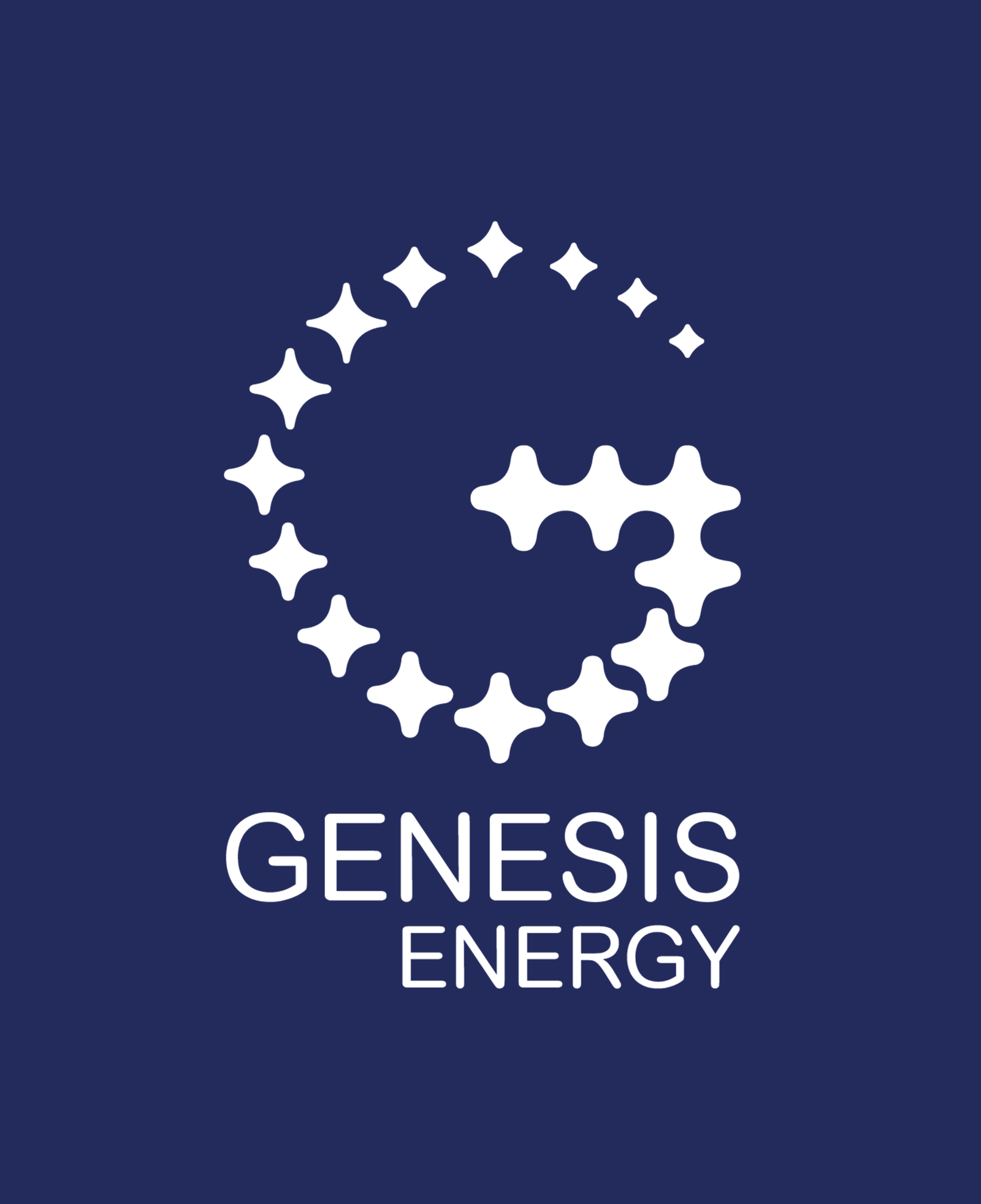By Akinwole Omoboriowo II, Chairman, Board of Directors of Genesis Energy
Sustainability has become a universal key factor for investors looking to bankroll energy projects, and socially responsible investments are accounting for the good chunk of global mainstream of investment strategies. This is because investors are increasingly applying these non-financial factors as part of their investment process to evaluate the risks as well as growth opportunities.
Given that socially responsible investments are largely becoming the proactive approach; how can societal and community impacts be accomplished through investor partnerships with renewable energy infrastructure projects? Environmental, Social, and Governance (ESG) approach strategies and climate change are increasingly integrated, therefore equitable framework to reflect the impact is essential.
ESG approach
The results, benefits and measurement of ESG approach could be realised in the following ways:
- Short term jobs for a large proportion of the community and long-term jobs for a smaller percentage of the community; community members would increase the knowledge and skills as a result.
- Increase in productive use of labour with attendant multiplier impact on average earning in the community especially as service providers emerge to support construction activities and the construction staff.
- Women empowerment through solar appliances and solar businesses ownerships.
- Increased education access in the rural population where Solar systems can make it possible for access to online learnings, longer hours of studies etc.
- Cleaner energy supply reduces negative health effects from the noxious fumes generated from burning wood, kerosene, petrol or diesel for lighting and other uses.
Investors may choose to highlight certain components as critical when deciding to proceed with a project. It is important that when assessing the ESG framework for projects, that project developers align not only the interest of the investors and developers but they also take into considerations the needs of the community in order to ensure the long-term sustainability of the project. There is always a tension between what can be considered within the ESG scope of the project and its ultimate financial viability.
For example: Under the Environmental bucket it may by more important for a project to consider the climate adaptation, climate resilience or energy efficiency impact rather that the traditional carbon reduction focus of most renewable energy projects or;
Under the Social bucket, it might be worthwhile to codify the opportunities for community involvement with the project operations to provide a sense of ownership and buy in. Additionally, it is also critical for host communities to be direct beneficiaries of the energy being generated.
Global sustainable investment
Research by McKinsey indicates that “ESG-oriented investing has been rising remarkably with global sustainable investment now topping $30 trillion – up 68% since 2014 and tenfold since 2004. This acceleration is due to intensified social, governmental, and consumer attention on the broader impact of corporations, also by investors and executives who recognise that a strong ESG proposition can safeguard a company’s long-term success.” In what way does a strong ESG plan make financial sense?
The aforementioned research by the organization highlights that “ESG links to cash flow in five important ways: (1) facilitating top-line growth, (2) reducing costs, (3) minimising regulatory and legal interventions, (4) increasing employee productivity, and (5) optimising investment and capital expenditures. Each of these five levers should be part of a leader’s mental checklist when approaching ESG opportunities—and so should be an understanding of the ‘softer,’ more personal dynamics needed for the levers to accomplish their heaviest lifting”.

